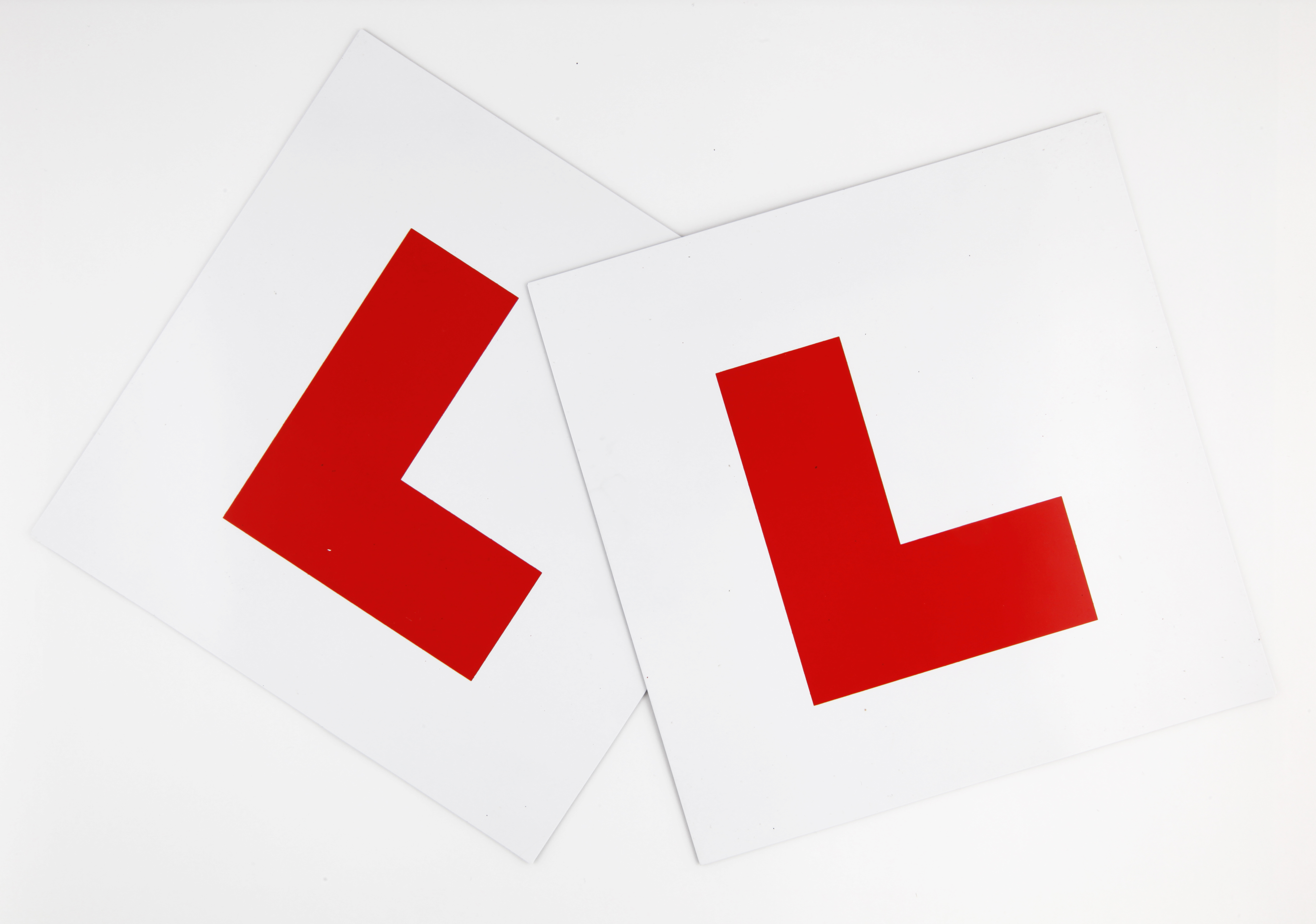Evidence presented to Transport Select Committee
The RAC Foundation has restated the case for some form of graduated licensing to help cut the disproportionate number of young drivers involved in serious road collisions.
International evidence suggests that introducing measures such a minimum learning period, restrictions on the number of passengers newly qualified drivers can carry and restrictions on night-time driving can significantly cut crashes and casualties amongst young motorists.
At a hearing of the Transport Select Committee the chair, Huw Merriman MP, said young people account for 21% of car drivers killed or seriously injured, despite making up just 7% of licence holders. He asked representatives from organisations including the RAC Foundation how the problem might be tackled.
Elizabeth Box, head of research at the RAC Foundation, said the development of young people’s brains and hormones mean they are “more likely to take risks, and that is exacerbated by their peers”.
They find it “very difficult to regulate their behaviours” in situations such as driving a car while carrying their friends, she said.
“The real plea here is for us to develop interventions that are based on the brains that young people have, rather than the ones that we would hope that they would have.”
Dr Neale Kinnear, head of behavioural science at the Transport Research Laboratory, told the committee that if graduated licences had been brought in following a Department for Transport-commissioned review in 2013, 122 fatalities could have been prevented by 2018.
He said: “This really is a public health thing. It’s not just about an individual driver that we’re looking to try and prevent doing something bad. It’s actually protecting everyone that’s using the roads.”
Mary Williams, the chief executive of the road safety charity Brake, said:
“Teen drives are basically free commercial taxi drivers and this is the truth that contributes to the high casualty rates caused by young drivers who are also killing vulnerable road users outside vehicles.
“If we consider young drivers as taxi drivers for their mates, then we need to consider them… as occupational drivers.”
Graduated licensing schemes are already used in countries such as the US, Canada, Australia and Sweden.
In the UK the only special measure for new drivers is that they lose their licence if they receive six penalty points within the first two years, rather than the standard 12 points.
The RAC Foundation has previously published a number of reports on young driver safety making the case for both graduated licensing and the use of new technologies.
ENDS
Contact:
Philip Gomm – Head of External Communications – RAC Foundation
[email protected] | 020 7747 3445 | 07711 776448 | 020 7389 0601 (ISDN)
Notes to editors:
The RAC Foundation is a transport policy and research organisation that explores the economic, mobility, safety and environmental issues relating to roads and their users.
The Foundation publishes independent and authoritative research with which it promotes informed debate and advocates policy in the interest of the responsible motorist. All the Foundation’s work is available at: www.racfoundation.org


